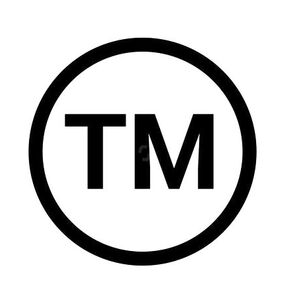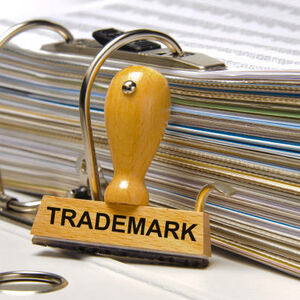Will the Introduction of the UPC see a Rise in Litigious Activity in Europe?
Posted on Friday 28 July 2017 by Cruickshank Intellectual Property
There has been a lot of talk about the introduction of the Unified Patent Court (UPC) which was due to to come into effect later this year. However we now know that this is not possible due to the number of delays in recent months which have prevented the opening of the UPC. (Read here to know more about these delays.) Due to this it seems the UPC is still a far way from becoming a reality.
Once it does come into existence however, many have questioned whether Europe will see a rise in the activities of so called ‘Patent Trolls’ or Patent Assertion Entities (PAE) and Non-Practicing Entities (NPE) as they are also referred to which have dominated the intellectual property landscape of the US in recent years.
The term originated during the 1990’s and at it’s most basic refers to individuals or companies who buy up patents (most notably at auctions by a bankrupt business) and then use them as a form of legal leverage against other companies by claiming infringement. Unsure if these infringement claims have withstanding weight, the targeted company normally feel under pressure and rather than risk the financial consequence of legal action will settle with these PAE’s.
Such activity Stateside has garnered plenty of media attention around the world with the Eastern District of Texas seemingly a hotbed for such legal cases. Reasons for such activity are not completely clear but some reports suggest the district is a ‘friendly’ location for patent plaintiffs. Also US law does not determine the location where such cases can be brought before the courts, only that the company in question conducts some of its business in the location.
However in May this year, a ruling by the United States Supreme Court changed where lawsuits could be filed. Going forward a lawsuit can now only be filed where the defendants company resides leading to what many believe will be a significant change to the operation of these ‘trolls.’
While the term ‘Patent Troll’, PAE and NPE all deliver negative connotations, and for obvious reasons, it’s important to note that not all NPE’s are in the business of threatening litigation for monetary benefits. At times it seems the term ‘Patent Troll’ is too quickly used in reference to stories containing NPE’s. After all NPE’s also fit into the category of Universities, Research and Development Organisations and Start-Ups who many will argue play a more positive role in inovation and development than engage in the abusive activities of these said ‘Trolls.’ Their business model is based on utilizing their IP rights through the use of licensing agreements in return for monetary gain While the activity of patent licensing is common practice, the idea of using bullying, abusive tactics against more smaller independent companies who are unable to fully protect themselves and fight against litigation raises considerable questions.
In relation to Europe at this minute in time, such activity has not reached the heights of what is seen in the US although some media reports have suggested that Germany is now seeing a rise in patent litigation cases. As it stands, a patent granted by the European Patent Office (EPO) becomes essentially a ‘bundle’ of national patents, each nationalised in a particular European country. Legal proceedings and decisions in one country do not carry legal effect to another, hence making it unsuitable for PAE’s to engage in bullying tactics as the litigation would be fragmented. Once the UPC comes into existence however, it will provide a ‘court common to the Contracting Member States and thus part of their judicial system’. Meaning that one court decision will have the effect in all territories. Many have questioned whether this new system will lay claim to a rise in patent litigation cases, but those involved in the UPC have stipulated that this will not be the case as the laws surrounding legal costs and damages in the US are quite different in Europe and again do not make it easy for this ‘trolling’ practice. As with any new system coming into operation there can always be issues and uncertainty and some may question if it will provide an opportunity for exploitation and thus lead to a rush of litigation cases until those issues are rectified. However that is something in which we will have to wait and see.
More Like This
Get in
touch
If you have an idea that requires protecting or simply need an expert in European IP Law, then please get in touch with us today.
Contact us
8a Sandyford Business Centre,
Sandyford, Dublin 18
D18 R2N8
Publications
The world is constantly changing, to provide the best possible advice we need to keep our fingers on the pulse of European law. If you would like to know the latest news or download helpful publications and guidance, go here


